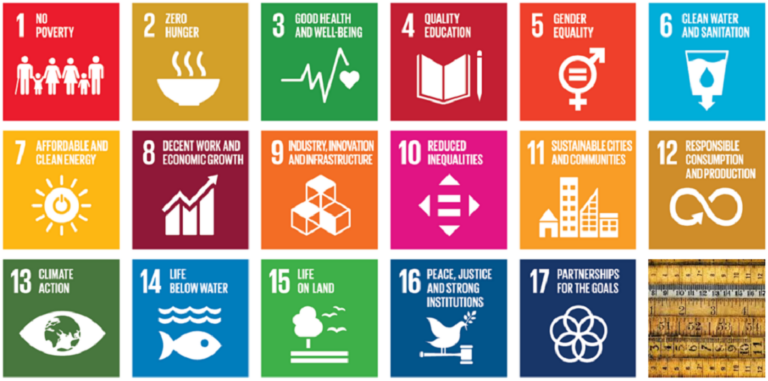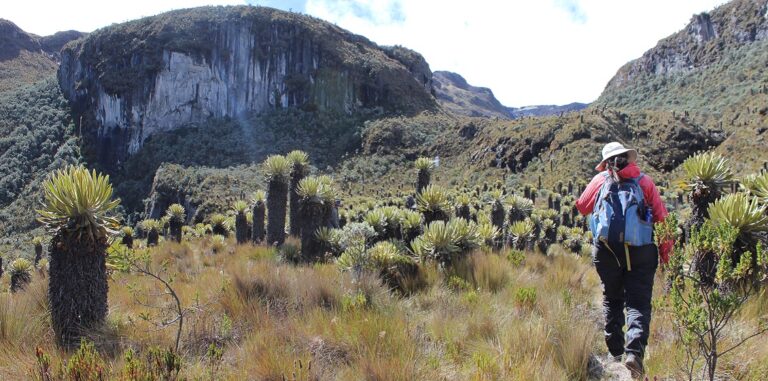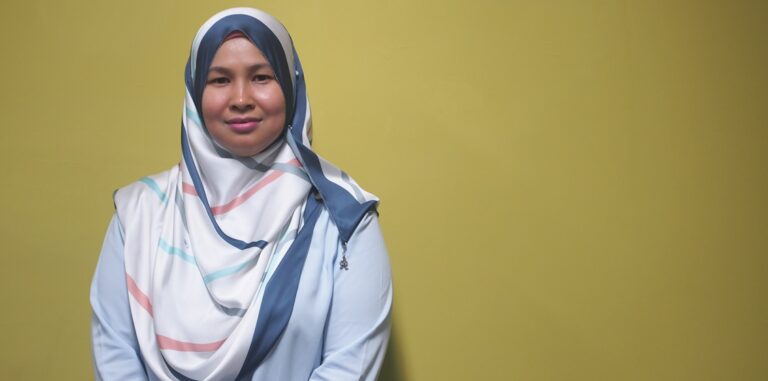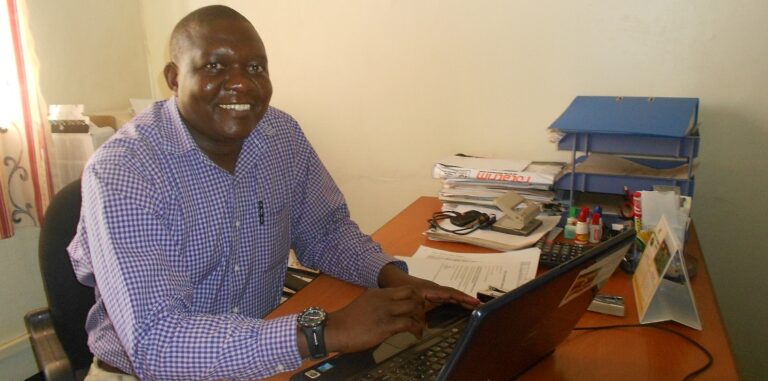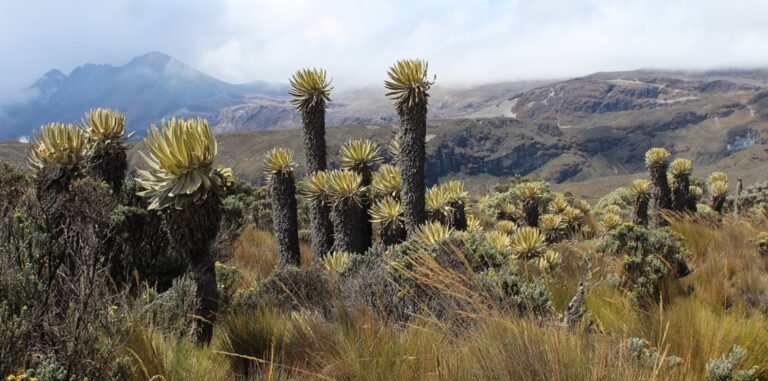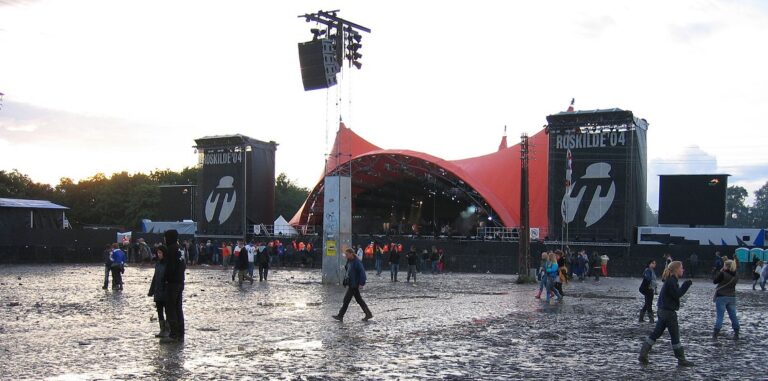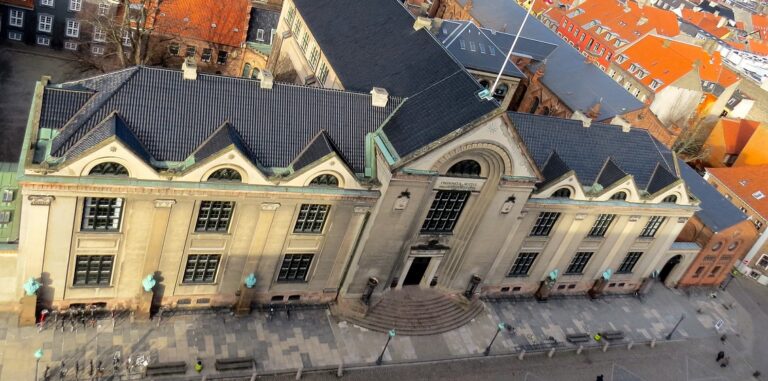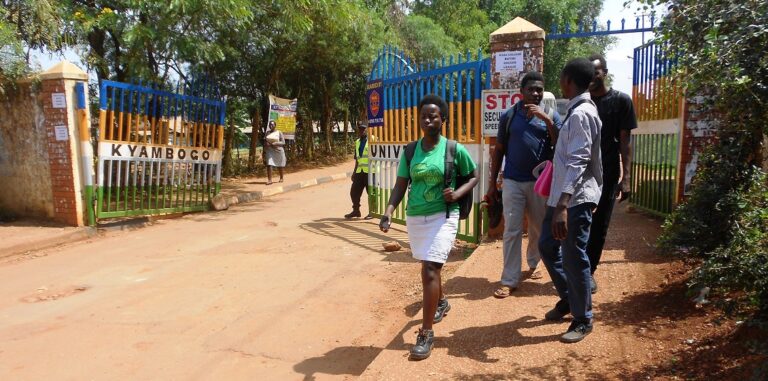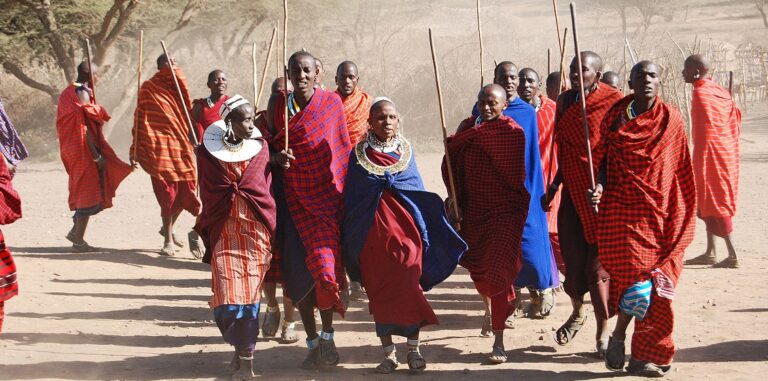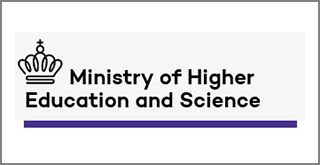Latest posts
What does success look like for the SDGs?
Governments, civil society actors such as large businesses, development consultancies and universities all have adopted the SDG framework and state that all future work will be carried out with them in mind. But what exactly are the SDGs? and are there any gaps in the SDG framework which hinders progress?
Read More
“Our water depends on these places – and we still don’t understand well, exactly how”
Maria Elena Gutierrez-Lagoueyte, a young ecologist, from the Colombian city Medellin, studies in detail the plants of the páramos (the moorlands). She studies the plants in order to understand how the unique Andean ecosystem plays a central role in the water cycle, providing the drinking water for around 40 million people in South America. But we do not know how exactly those moorland plants function.
Read More
“I want to give back what I learned to our society”
When Dr. Norazana Ibrahim did her Ph.D. project at the Technical University of Denmark (DTU), she could confirm that agricultural waste should be an important energy resource in Malaysia. Now comes the difficult part of commercializing the technology in the Malaysian waste management industries.
Read More
Mr. ENRECA and the Grant that Lifted Gulu University
In Gulu University’s history of nearly two decades, the story of ENRECA is told and retold with passion. The four-year Danish International Development Agency (DANIDA) funded 10 million DKK project was the university’s turning point in many ways: It delivered its first PhD, its first female PhD, 20 master’s degrees, several research collaborations, experience in managing large grants and a lot more.
Read More
“The spectacled bear just doesn’t sell as well as the polar bear”
The Colombian hydroclimatologist Daniel Ruíz Carrascal is one out of only three IPCC authors from Colombia. He has dedicated his life to studying climate change, especially in the mountains and the páramos (the moorlands). And he is worried about the future - he doesn’t have a clue what will happen with those fast and important changes.
Read More
How much damage did your trip to Roskilde Festival do to the environment, this year?
Most young people are becoming increasingly aware of their environmental impact, making sensible decisions on a daily basis, to reduce their carbon footprint, and to improve upon their self-sustainability. This involves continuously implementing sacrifices into daily life, for the benefit of the planet. Unfortunately, choosing to spend part of your summer at a festival can be a huge strain on your overall footprint.
Read More
DDRN/UCPH seminar: South-North Research Cooperation at University of Copenhagen
The fifth seminar in the DDRN series on South-North research cooperation is co-organised with UCPH Global Development, SCIENCE Sustainable Development Working Group at University of Copenhagen. It takes place at the Science Faculty campus in Frederiksberg. The key note presentation is by PhD student Carla Ximena Little, Department of Plant and Environmental Sciences.
Read More
Crisis of Ethnicity: Understanding Uganda through a Tribe Lens
Many Ugandans are quick to identify themselves by tribe - 56 tribes there are in total. They like to describe themselves, and are also often described by others, as humble, welcoming and peaceful but Uganda’s political history hardly reflects the peaceful part. When I visit Associate Professor Charles Amone on a July afternoon, Kyambogo University is in recess so it is generally quiet. His reflections paint a picture of a country less united than the world may be led to think – a crisis that fuels inequality and conflicts from within.
Read More
“Research is research, but I also want to develop students”
In March 2019 water pollution was discovered in the river Sungai Kim Kim in the city Johor Bahru, Southern Malaysia. The source was identified as 20-40 tonnes of oil waste illegally dumped into different parts of the river. Most likely, a nearby marine engineering or petrochemical factory wanted to save money and dumped waste that was supposed to be handed and disposed safely. The incident provokes chemical engineer Dr. Mohd. Kamaruddin Abd. Hamid, researcher and lecturer at Universiti Teknologi Malaysia (UTM).
Read More
A Glass Ceiling for Global South Researchers
“My life has almost become pinned to the University of Copenhagen, so even if I don’t continue from here, I would have to collaborate with them. Because of their advanced expertise. Especially the Global Health [department] has a lot of expertise”, says 25-year-old Ghanaian, Richard Sena Otio, who has just finished his master’s degree study in Global Health from University of Copenhagen.
Read More
DDRN UPDATES






























